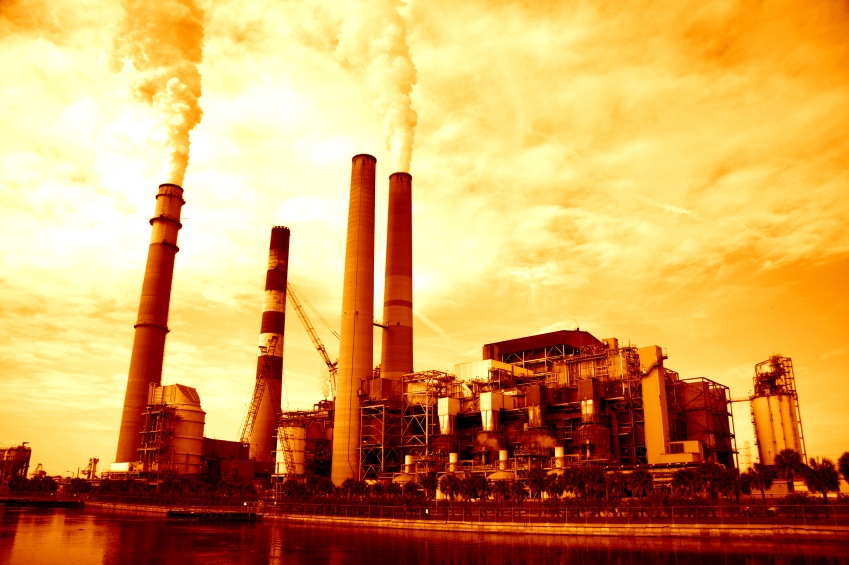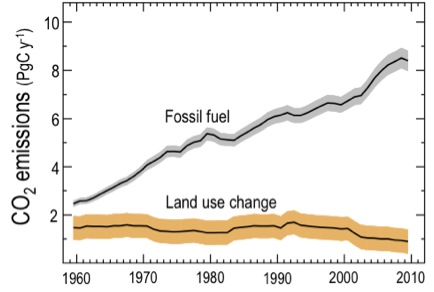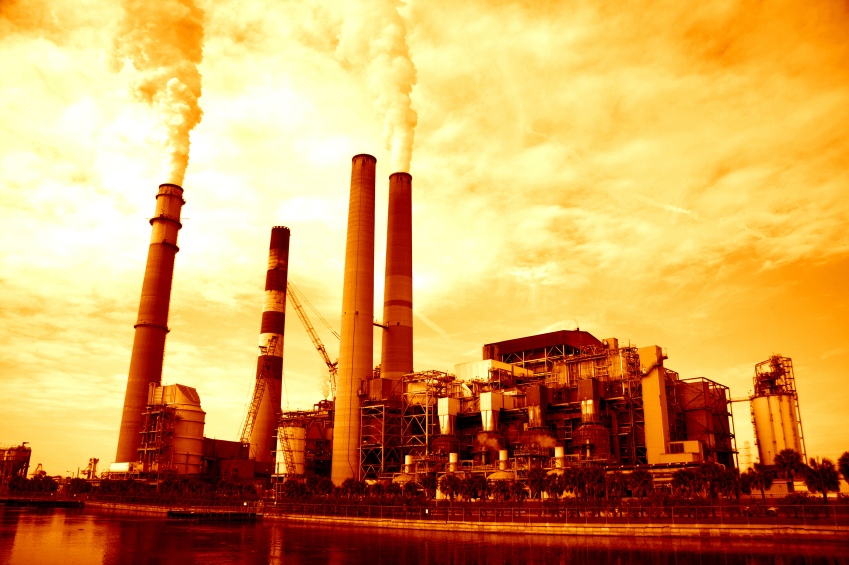 A new analysis of 2009 global greenhouse gas emissions published in the journal Nature Geoscience has found that increased coal use in the developing world, particularly China and India, boosted global greenhouse gas emissions to the second highest level on record. The result is particularly surprising because pollution in developed countries like the United States, Germany, and Japan actually declined significantly as their economies shrank in the wake of the global financial crisis.
A new analysis of 2009 global greenhouse gas emissions published in the journal Nature Geoscience has found that increased coal use in the developing world, particularly China and India, boosted global greenhouse gas emissions to the second highest level on record. The result is particularly surprising because pollution in developed countries like the United States, Germany, and Japan actually declined significantly as their economies shrank in the wake of the global financial crisis.
The one silver lining in the report is that emissions from deforestation have actually declined by about one quarter since 2000 in response to better law enforcement and land management, particularly in Brazil, as reported by Mongabay’s Jeremy Hance. That improvement has been accelerating in recent years thanks to investments such as Norway’s $1 billion pledge for the Amazon Fund. These impressive results show that even relatively modest investments in tropical forests can produce outsize benefits for the climate.
“Tropical forest nations, although less wealthy, are setting an example for the industrialized world to follow,” said Dr. Douglas Boucher, director of the Tropical Forest and Climate Initiative at the Union of Concerned Scientists.
 Image: Global Carbon Project
Image: Global Carbon Project
That’s more reason for Europe, Japan, China and other countries to include incentives for tropical forest protection in their climate laws — and for countries like the United States and Australia, which still haven’t instituted comprehensive climate laws, to look in the short run towards tropical forest protection measures such as carbon tax credits.
They should also look at ways to further boost reforestation in their own countries. The report found that in temperate regions such as North America, for the first time, more carbon is being sequestered through forest regrowth than is being lost through deforestation and other land use change.
The report was authored by a large team of scientists from the United States, the United Kingdom, Australia, and European countries for the Global Carbon Project.
Despite the progress on forests, the broader picture is grim: the report notes that even though oceans, forests, and other sinks responded to higher CO2 concentrations by sucking up more carbon, global CO2 levels are still increasing — and there are questions about the degree to which natural sinks can keep absorbing CO2 at higher rates.
China and India’s growing coal addiction seems to be at the heart of the problem — 92 percent of the growth in coal from 2007-2009 came from just those two countries. Of course, it’s difficult to imagine these major developing economies shifting to clean energy when the United States, by far the world’s biggest historical polluter, has done so little to move to a low carbon economy.



